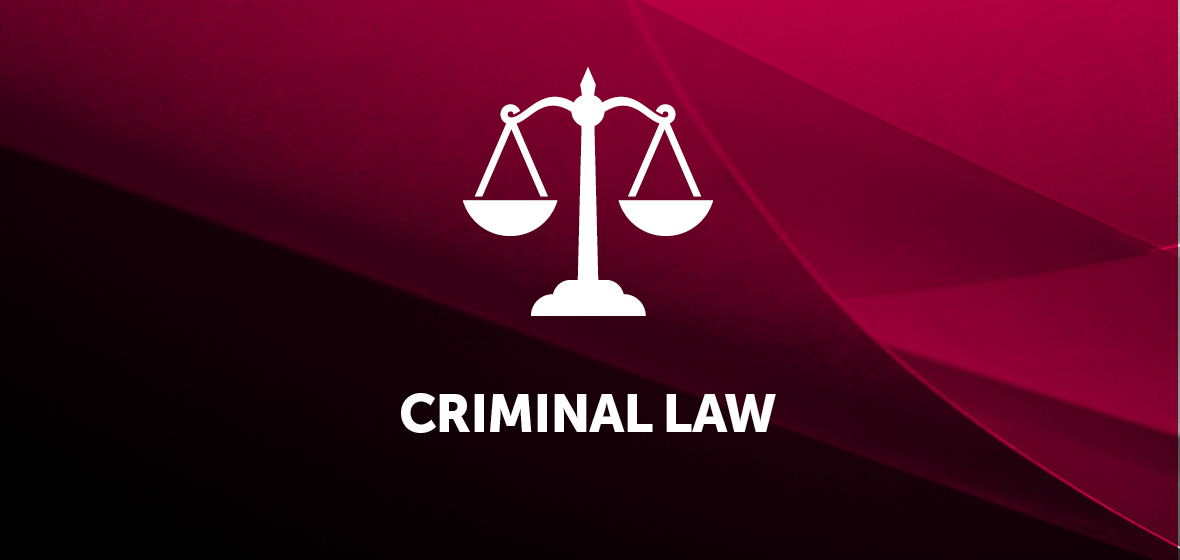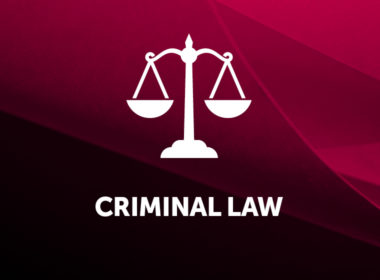Key decisions
- Curran v R [2020] NSWCCA 171
- WX v R [2020] NSWCCA 142
Curran v R [2020] NSWCCA 171
Prosecutorial conduct – suggesting an accused’s motive to lie – reversal of the onus
In this decision the Court of Criminal Appeal (‘CCA’) has harshly criticised comments made by a prosecutor which suggested the accused had a motive to lie in order to be acquitted, and a comment that he might have a broader tendency than that actually pleaded in the tendency notice.
The applicant may be familiar to many readers for being a Local Court Magistrate, although the offending conduct happened long before his appointment. The allegations occurred in the early 80s, when the applicant was in his early 30s and the complainant between 13 and 16. The applicant was a family friend of the complainant’s and their relationship was similar to that of father and son, or uncle and nephew. The applicant took the complainant on trips to Europe, and regularly on a friend’s yacht. The complainant often stayed at the applicant’s house the night before they would go out on the yacht. The complainant said they got into a routine of sleeping naked, and of the applicant massaging the complainant’s naked body in the morning. There were allegations of oral sex and mutual masturbation on the boating trips, amongst other conduct.
The applicant was convicted of seven counts and acquitted of two. He appealed upon a ground relating to the Crown Prosecutor’s conduct; and a ground complaining that the verdicts were unreasonable and could not be supported having regard to the evidence (not discussed here).
The complaints about the Crown’s Prosecutor’s conduct fell into two categories. The first was a complaint that the Crown Prosecutor had made two statements in closing to the jury pointing to the accused’s motive to lie. The applicant gave evidence in his own defence denying the allegations. The prosecutor made submissions about asserted problems with the version the applicant had given, including asking, rhetorically, ‘Why would [the accused] lie? Well, I’m not asking, it’s not up to you to tell why he lied, this is a case where the prosecution must prove their case’ (at [110]). The prosecutor subsequently described the asserted issues with the applicant’s case as a ‘chink in the version given by this accused and of course he has plenty of motive to do that, you might think given the allegations and his position in life’ (at [111]). At trial, senior counsel submitted that the submissions amounted to a reversal of the onus of proof, and an impermissible comment suggesting that the accused had a motive to lie given his interest in seeing himself acquitted. He asked that there be corrective directions – but not immediately, since that would only highlight the problems. The trial judge duly directed the jury to the effect that if the jury found that the accused had lied it could not be used against him to find him guilty (that decision hinging on a positive finding that the complainant’s version was correct), directing them to disregard the Crown’s remarks that the accused had a motive to lie, and directing them that the applicant’s evidence is treated the same as the evidence of any other witness.


